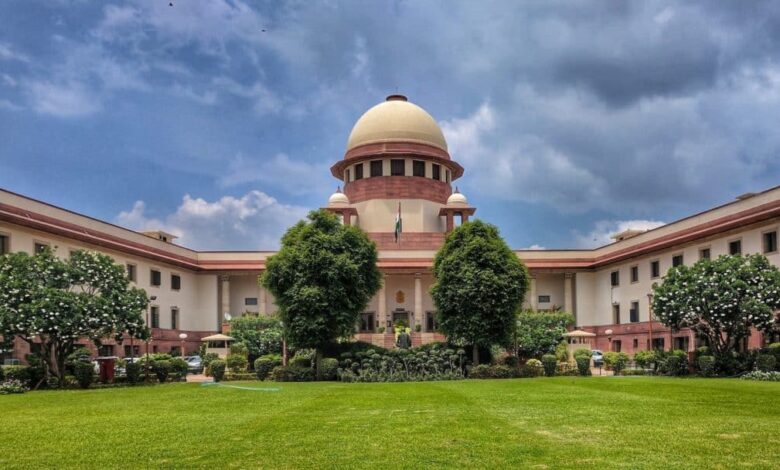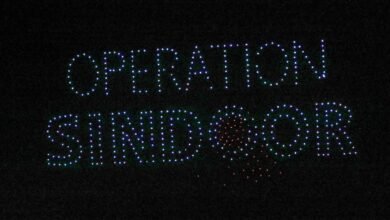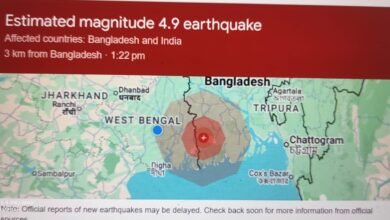Supreme Court Decision On The Scope Of Article 19

Recent decisions by the Indian Supreme Court in cases regarding the freedom of speech are significant. A person may seek enforcement of this right not only against the government but also against other citizens, the court’s Constitution Bench ruled in a 4-1 vote. This decision broadens the justifications for requesting the protection of certain rights.
Article 19 and the Freedom of Expression
The right to freedom of speech and expression is guaranteed by Article 19 of the Indian Constitution, and it is frequently used to challenge the government. Some fundamental rights are explicitly against the state and other people, such as those that forbid untouchability, human trafficking, and bonded labor. The most recent Supreme Court decision expands the protections for private persons’ free speech rights.
Rights Enforcement Against Private Entities
According to this understanding, the state has a responsibility to make sure that private organizations adhere to constitutional standards as well. In terms of constitutional law, it opens up a wide variety of possibilities, including enabling the enforcement of privacy rights against a private doctor or the right to free expression against a private social media company.
Reference to Earlier Court Decisions
The Court cited the Puttaswamy decision from 2017, in which a nine-judge bench unanimously established privacy as a basic right. Privacy is a right that can be enforced against other people, according to the government, so it cannot be elevated to the status of a fundamental right against the state.
Perspectives from Around the World on Fundamental Rights
The Court contrasted the American approach with the European Courts by looking at other countries legal systems. As an illustration of the transition in US law from a purely vertical approach to a horizontal approach, the US Supreme Court’s decision in New York Times v. Sullivan, which found that the state’s application of the defamation law against The New York Times was incompatible with the Constitution’s guarantee of freedom of speech and expression, was used.
When rights are applied vertically, they can only be used against the government; when applied horizontally, they can also be used against other citizens. For instance, a citizen may file a lawsuit against a private company for generating pollution under a horizontal application of the right to life, which would be a breach of the right to a clean environment.






